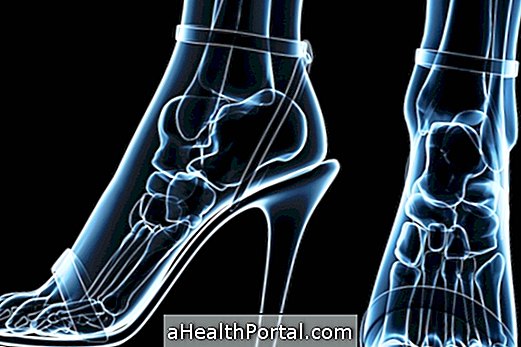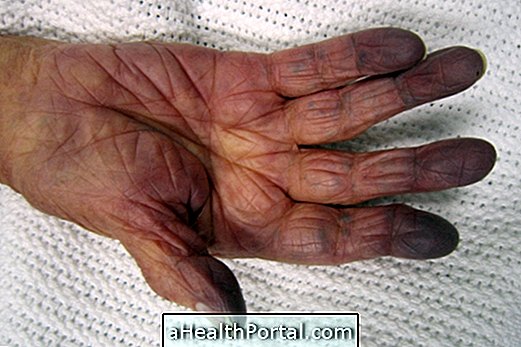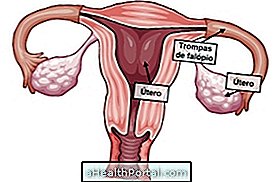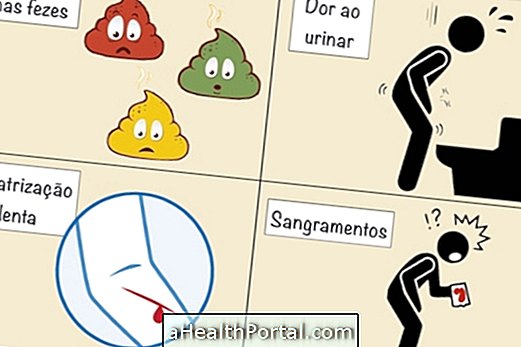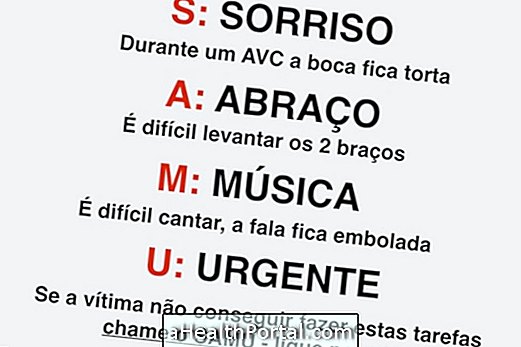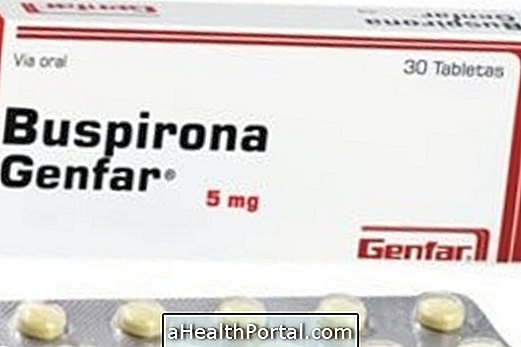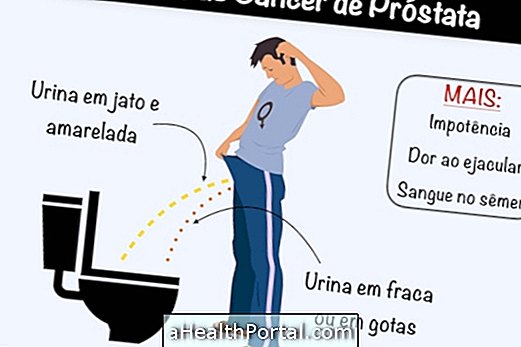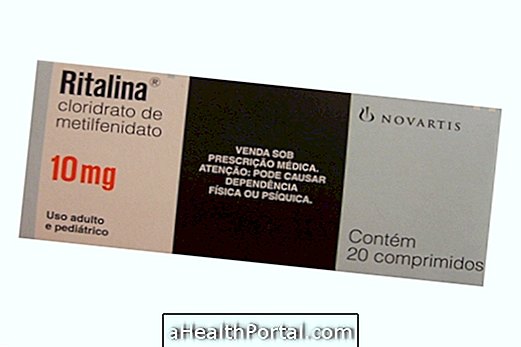The constant hiccup in the baby is one that lasts for more than 1 day and that normally disrupts feeding, sleep or breastfeeding, for example. The sobbing in the baby is common due to the fact that the thoracic muscles are still developing, but when it is frequent, it can be indicative of infections or inflammations, for example, it is important to go to the pediatrician for appropriate treatment.
Some of the possible causes of persistent hiccups are objects in the ear that come in contact with the eardrum stimulating the vagus nerve, pharyngitis or tumors that come in contact with the nerve stimulating it. Whatever the cause, it must be eliminated so that the hiccup is cured. In the case of the baby, hiccups are more common to occur due to too much air entering the body during feedings. See what causes constant hiccups.

What can it be
Hiccups in the baby are very common due to immaturity and poor adaptation of the thoracic and diaphragmatic muscles, causing them to be easily irritated or stimulated resulting in a hiccup. Some possible causes of hiccups in the baby are:
- Air intake during breastfeeding, which leads to air accumulation in the stomach;
- Excessive baby feeding;
- Gastroesophageal reflux;
- Infections in the diaphragm or thoracic muscles;
- Inflammation.
Although it is a common situation and does not usually pose a risk to the baby, if the hiccup is constant and disrupts breastfeeding, feeding or sleep, it is important to take the baby to the pediatrician so that the cause can be investigated and thus be initiated treatment if necessary.
What to do
If the hiccup is persistent, it is important to seek guidance from the pediatrician so that the most appropriate attitudes are taken for each case. To avoid hiccupping or relieving, it is to observe the position of the baby at the time of the feeding to prevent the baby from swallowing too much air, knowing the baby's time to stop and putting the baby to rest after feeding, for example. Learn what to do to stop the baby's hiccup.
